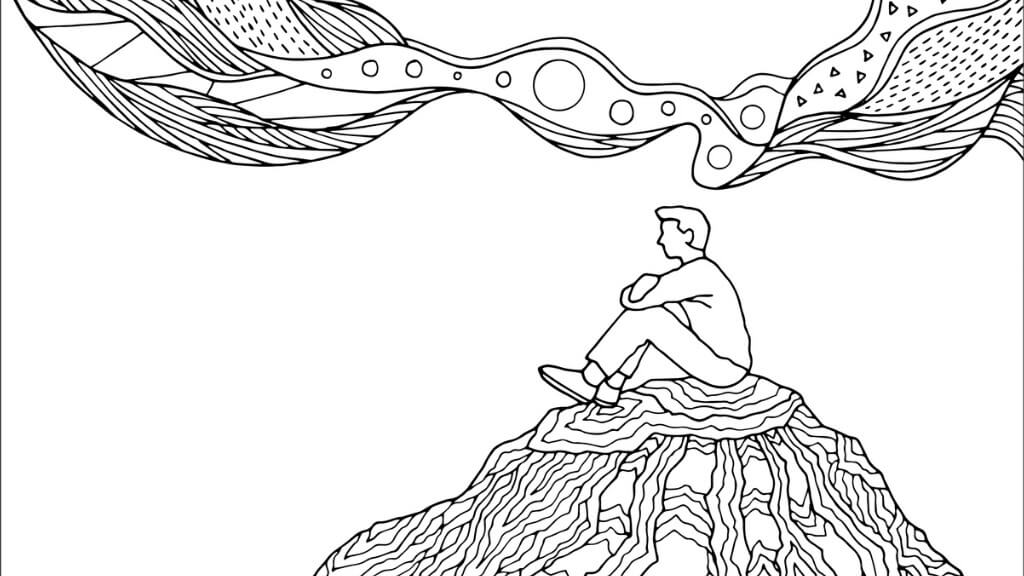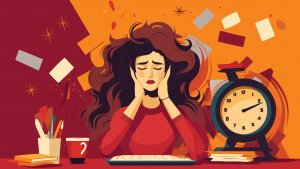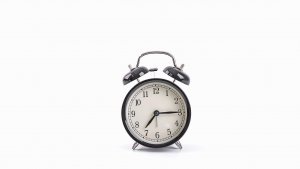If you want to manage stress, increase productivity and become more creative, learn to breathe better.
Why You Need To Re-Learn How To Breathe
If you want to manage stress, increase productivity and become more creative, learn to breathe better.

Everything is Energy. Albert Einstein summed up life, earth, the universe and beyond so succinctly. Without energy, there is no existence. So, it makes sense that how we manage our personal energy is the key to our wellbeing.
We work round the globe with businesses helping them embed a human, energetic and creative working culture. Our training programmes, events and workshops are designed to boost people’s awareness, creativity and collaboration, as well as equip them with the tools to keep their internal fire burning bright.
Over the years, we have learnt a lot. However, we wanted to live energy every day. We decided to go on a year long journey to explore how it affects us physically, mentally and spiritually with the help of monthly experiments set by experts.
We wanted to get the low down from the people who live and breathe energy from every angle. By trying out their methods we are hoping to establish a bespoke plan of how we can get the most out of our personal energy for life.
Our first destination was breathing.
Breathing seems like something we unconsciously do, without thought. However, over the years most of the senior executives we’ve worked with say that learning how to breathe properly has changed their lives.
Recent research shows the positive impact deep breathing has on our bodies’ ability to deal with stress. Stress has been estimated to cost employers $300 billion a year in health care and missed work.
The ability to manage your emotions and remain calm under pressure directly impacts your productivity and creativity. The emotional intelligence service TalentSmart conducted research with over a million people and found that 90% of top performers are skilled in remaining calm under stress.
Luckily for us, we can all learn to breathe better and keep stress in check—anytime, anyplace, anywhere.
Babies breathe beautifully; big detoxifying belly breaths. But as we grow and our environmental stress increases, our breath starts to become shallower and faster.
Science helps explain. The Autonomic Nervous System is our bodies way of coping with life. It is made up of the Stress Response and the Relaxation Response. Sadly, for most of us, our stress response is working over-time.
It is designed for life threatening caveman situations, wrestling with sabre-toothed tigers, yet we trigger it every day over relatively trivial things, mostly due to our minds being overloaded as a consequence of our 24/7 lives.
When we breathe slowly, deeply and lengthen our exhalations we can naturally trigger our Relaxation Response. This response is the most advanced stress reduction system we have. Luckily, it’s built into us – free and super simple to use.
To teach us how to access our Relaxation Response, we worked with speaker, mindfulness coach and breathing expert Michael Townsend Williams. Michael’s free app BreatheSync guides your body into a relaxed state and personalises the process so you can progress to become a master of breathing.
This is the experiment we carried out for a month.
Download and sign into the BreatheSync app.
Follow the prompts and put your details in, including your age.
The app then takes your WQ (Wellbeing Quotient) – this measures your Heart Variability Rate (the gaps between heart beats) whilst breathing. Athletes use it. It provides you with an indication of whether you need to rest, relax or go for it! When HRV is low it’s best to take it easy, when it’s high you can step up your game.
Week 1: Once a day follow the 1 minute breathing exercise. You can set the app up to prompt you and then record your WQ.
Week 2: Once a day you do the same but for 2 minutes.
Week 3: Once a day for 3 minutes.
Week 4: Three times a day for 3 minutes.
Here’s how we got on.
Week 1:
Average WQ is 72, ranging from 65 to 110
Feelings – relaxing, enjoyable, clarity
Week 4 :
Average WQ is 80, ranging from 72 to 130.
Feelings – calmer, more present, grounding, energised
Although nobody felt like it made an effect on their long- term energy over the whole day, the breaks to breathe brought an immediate energy boost, a sense of calm and clarity to give us more choice in our decision making.
Where was breathing better especially useful in our day to day?
Before delivering a talk at an event - calmed the nerves.
Busy day – grabbing a few minutes to breathe in between meetings and calls made a huge difference to how we showed up at those interactions.
In bed – helped clear a busy head to get a restful nights sleep.
Our top takeaway can be summed up in a tip from part-time barrister and professional rugby referee Wayne Barnes. Barnes writes the word ‘reset’ on back of his hand before every game. When things start getting a little heated, Barnes looks at the word ‘reset’ and it triggers his brain to give him clarity.
Breathing well is our new reset button. Trigger it daily.
Jim Lusty is trainer, speaker and partner at uppingyourelvis.com.
Thanks for signing up to Minutehack alerts.
Brilliant editorials heading your way soon.
Okay, Thanks!


